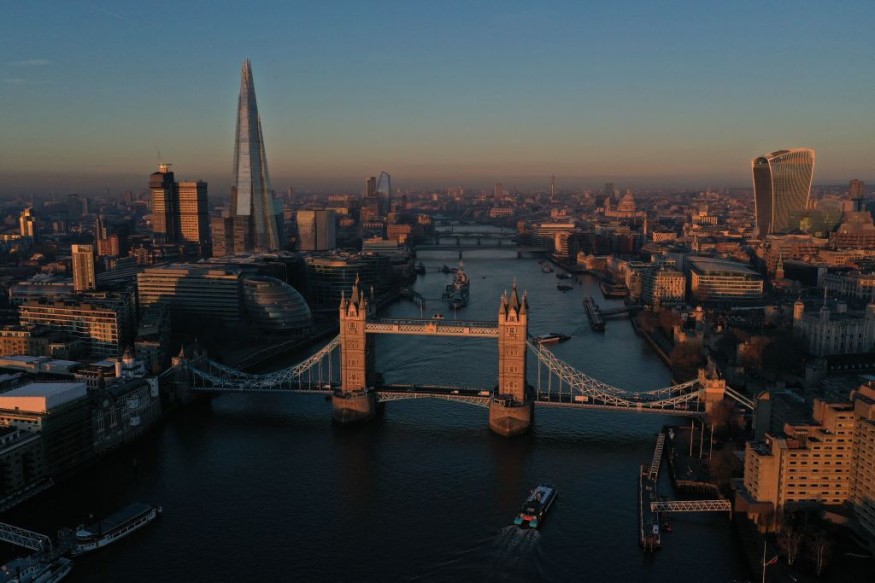White people have a greater risk of acquiring most cancers than Asian, Black, and people with mixed ethnic heritage in England, according to a Cancer Research UK study.
The study said Caucasians in England are more likely to develop bladder cancer, melanoma skin cancer, and lung cancer.
However, the UK study provided exceptions as dark-skinned people are more susceptible to myeloma blood cancer and prostate cancer, stomach cancer, and liver cancer.
Meanwhile, the research showed the Asian ethnic group is likely to develop cancer-related to infections and hepatitis.
Still, the study highlighted that lifestyle choice, age, and genes are still the most significant causes that would determine the formation of different types of cancer in a person.
Cancer Variations on Ethnic Groups

The new study was published in the British Journal of Cancer on Wednesday, March 2.
The study provided biological explanations that shed light on certain features of the body of an ethnic group that allows them to adapt or be vulnerable to several types of cancers known today.
The Cancer Research UK study observed variances of cancer incidents amongst populations belonging to different ethnic groups in England.
The researchers also factored in lifestyle choices, age, and genes of an individual to be a significant factor for the emergence of cancer.
The researchers used data from 3 million cancer-related diagnoses across 31 cancer sites in England between the years 2013 and 2017.
Cited by the BBC, the study's analysis found Asian, Black, and mixed-heritage people are less likely to develop cancer than Caucasians in England.
Also read: Alcohol Might Cause Skin Cancer, Study Finds
Skin Color and Sunlight
Previous research has shown that different skin colors respond to sunlight due to its composition that either absorbs or reflects the radiation from solar energy.
In the study, people with white skin are more vulnerable to skin cancer due to burns and damage caused by the sun.
Specifically, the research raised the fact that a white skin or light complexion skin has less melanin, making the skin more vulnerable to sun damage.
Meanwhile, black skin or a dark complexion skin is rich with melanin, making them less susceptible to sun damage.
Previous studies on the relation of skin color and sunlight have supported the notion that a lighter skin complexion is more prone to skin cancer than a dark skin complexion, according to previous research cited by Science Direct.
Other Factors Explored
However, the Cancer Research UK study provided multiple exceptions which would indicate that not only affiliation to an ethnic group determines the risk of cancer but rather other biological factors, such as age and genes, as well as psycho-social factors like lifestyle choices, are determinants of cancer risk.
For lifestyle choices, the study emphasized that people belonging to the Asian and black ethnic groups in England, who abstain or smoke rarely, are less likely to develop different cancer types related to human body parts and organs; such as breast cancer, bowel cancer (colorectal cancer), and lung cancer.
Cancer has become a challenge not only for the healthcare industry but also for scientists to develop a cure over recent decades.
In the UK alone, there are approximately more than 370,000 new confirmed cancer cases each year, as per Cancer Research UK.
Related article: Skin Damage Possible Even in the Dark
© 2025 NatureWorldNews.com All rights reserved. Do not reproduce without permission.





